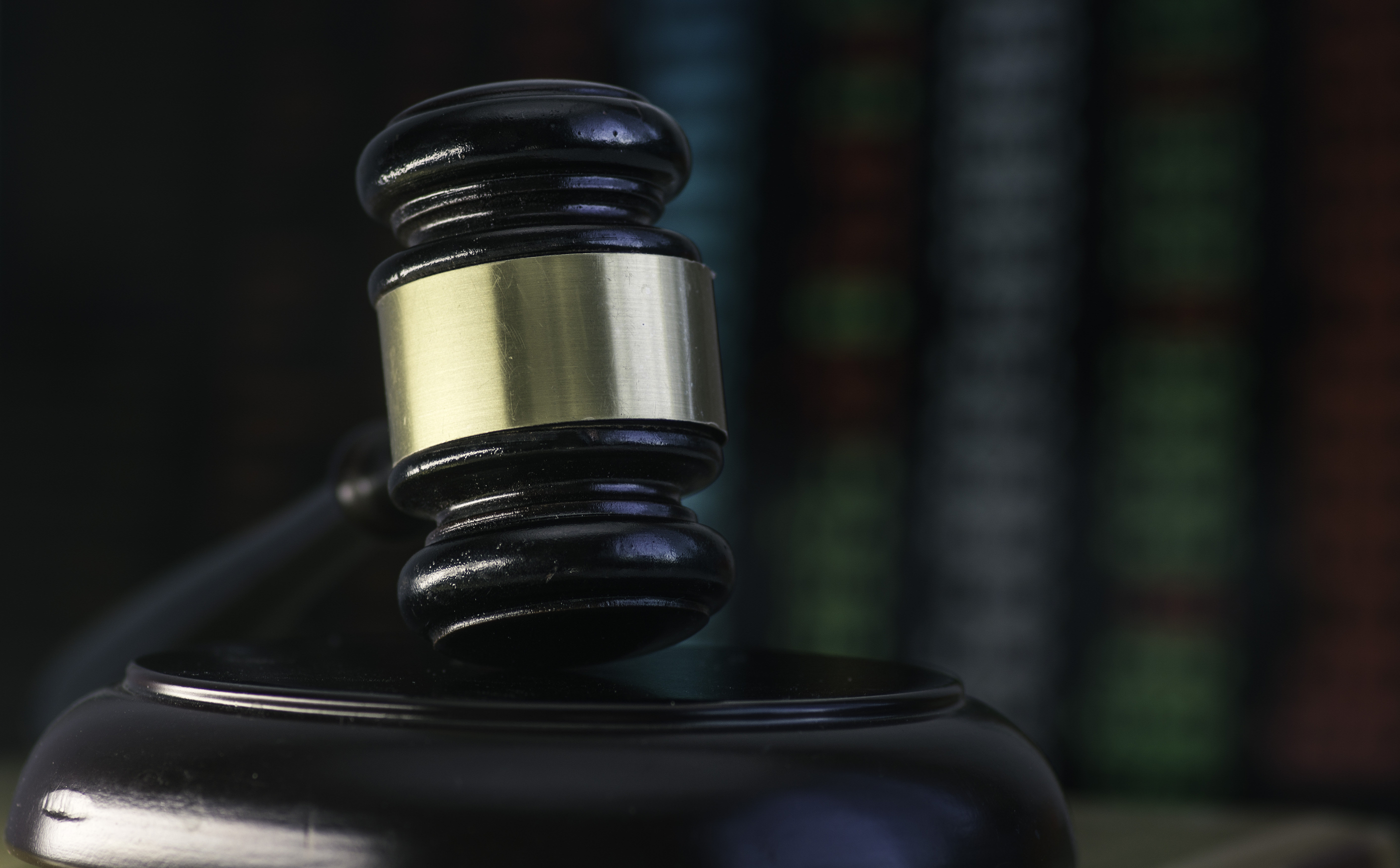Businesses and corporations on the cusp of commercial success or commercial enterprises that are already enjoying the fruits of their hard-wok, creativity, and vision realize that their success can be unexpectedly and abruptly impacted by the improper actions of a competitor or other third-party. Perhaps another party is marketing an inferior, but more affordable, product infringing on your patent, copyright, or other intellectual property. In other cases, another party may take more direct improper action or perhaps an illegal action that is not directed at your company but nevertheless threatens its ability to continue your operations. Or, as often happens, a former employee steals trade secret information (including client lists under certain circumstances) and/or violates a covenant not to compete and begins competing against her former employer.
In circumstances where a direct an immediate harm may occur and can only be remedied by immediate injunctive relief, the standard litigation process may not move swiftly enough to prevent the harm. Irreversible damage may occur that money alone cannot correct. Alternatively, your company’s financial position may deteriorate so swiftly that sustaining litigation will be impossible should the harm be allowed to continued. Thus, there are clear situations where you simply cannot wait for a court date – or the other party to answer your complaint. In these situations injunctive relief to stop certain actions or practices may be appropriate.

The Heyman Law Office can assist businesses needing emergency injunctive relief. Mr. Heyman can work to provide immediate relief through the filing of a preliminary injunction or a temporary restraining order. Mr. Heyman can put his more than 20 years of experience to work to protect your business that is facing a crisis.
When is a Preliminary Injunction Appropriate for Exigent Commercial Situations?
A temporary restraining order or preliminary injunction is typically considered an extraordinary remedy that should only be requested when the party is likely to suffer immediate and irreparable harm. To secure a preliminary injunction, the first step is to put the offending company, party, or individual on notice. A preliminary injunction can compel a party to take a certain action or force a party to stop taking a certain action until the matter can be addressed more fully. Under the Federal Rules of Civil Procedure, the name of the action is dependent on whether you wish to prohibit or compel conduct. A mandatory injunction is sought when the filing party wishes to force another party to take a certain action. In many cases, a mandatory injunction is used to change or alter the ordinary course of business when there is a threat that cannot be addressed by “business as usual.” By contrast, a prohibitory injunction is used to stop a party from engaging in a particular harm impacting the business.
In What Circumstances Is a Temporary Restraining Order Appropriate When Your Business Is Threatened?
A temporary restraining order is similar to a prohibitory injunction since it is also filed to stop a certain action or practice form occurring. However, it is quite different in the sense that under FRCP, unlike a preliminary injunction, a TRO is available even when no notice is provided to the opposing party. However the burden to sustain an ex parte proceeding of this type is high and generally reserved for particularly exigent circumstances In the event that the other party cannot be notified, the attorney for the party requesting the TRO must set forth all attempts to provide notification and furthermore why the situations merits a hearing absent notice. Thus, most TROs do afford some, though potentially minimal, notice to the non-moving party. Certain elements must be satisfied for the court to issue an injunction of this type. The elements that a moving party must satisfy before a court will grant injunctive relief are:
- A likelihood that an irreparable harm will occur is present. The irreparable harm cannot be addressed be a retroactive remedy
- The moving party is likely to suffer more harm than the nonmoving party
- The party requesting the TRO is likely to succeed on the merits of the case
- There is a public interest in favor of granting the TRO
When these factors are met a court will issue a TRO to maintain actions and practices as they exist until a more thorough proceeding can be held. Typically, an order for a federal TRO is valid for an initial 14-day period. Upon showing of good cause, it is possible to extend the order.

Rely on an Experienced Commercial Litigation Lawyer When Your Business is Facing Imminent Harm
Mr. Heyman brings more than 20 years of practical experience to help resolve your legal concerns. While he draws his experience from a big-law background, he founded the Heyman Law Office to provide a responsive and client-focus approach to law. The Heyman Law Office has the resources to take immediate emergency action on behalf of your business or commercial interests and to ensure that those interests are protected. To discuss whether an injunction or temporary restraining order are appropriate for the difficult situation your business faces call (410) 305-9287 to schedule an immediate confidential consultation or contact the firm online.
